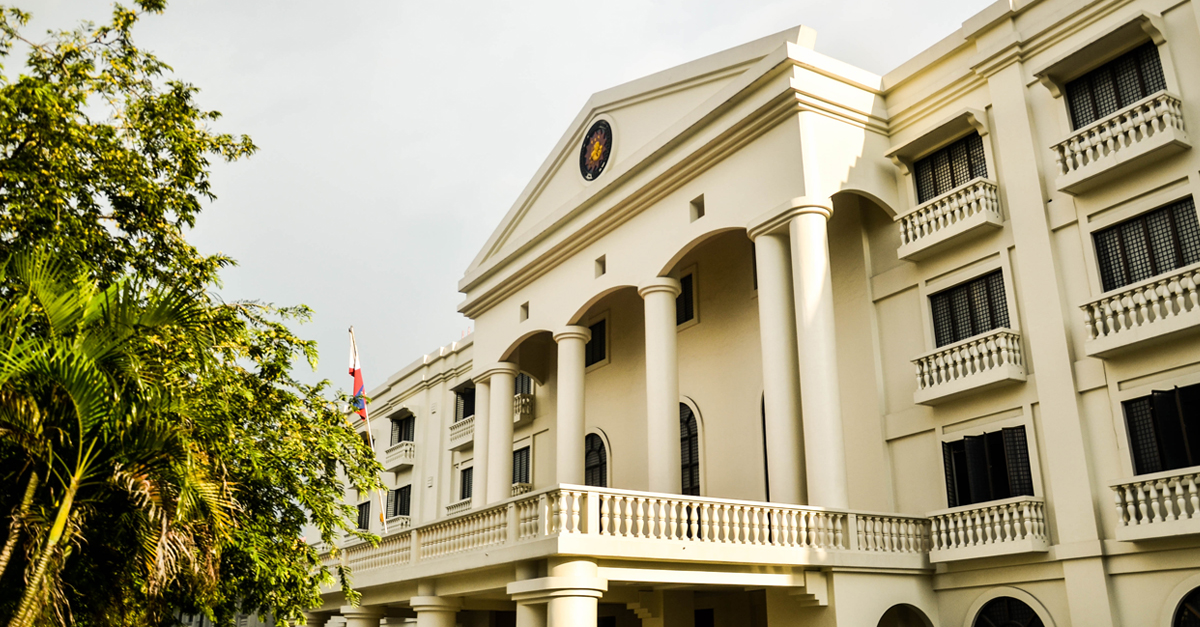MANILA, Philippines—The Department of Budget and Management (DBM) has released P6.2 billion in cash subsidies for households worst hit by the continuing rise in oil prices.
In a statement on Friday (July 1), the DBM said the total amount released to the Department of Social Welfare and Development (DSWD) so far will cover the first tranche of targeted cash transfers to the poorest half of the population.
The DSWD, now headed by radio personality Erwin Tulfo, was expected to distribute cash to six million households, of which four million are among beneficiaries of the Pantawid Pamilyang Pilipino Program (4Ps). The rest of the two million were social pensioners or senior citizens, the DBM said.
“The beneficiaries shall receive P500 monthly cash subsidies for six months to be distributed in three tranches. This implies they are expected to receive P1,000 for the first tranche, which will be distributed through the cash cards issued by the Land Bank of the Philippines (Landbank) or other approved modes of distribution,” the DBM said.
“The DBM will ensure the timely and prudent release of funds and work closely with all implementing agencies to help ease the burden of the vulnerable population most affected by global crises,” it added.
The Duterte administration had rejected calls to suspend excise on oil products amid skyrocketing global prices wrought by Russia’s invasion of Ukraine. Instead, the government will give away cash aid to the most vulnerable sectors as targeted support.
The government had set aside a total of P47.5 billion in financial assistance to those worst hit by costly oil:
- P41.4 billion in unconditional cash transfers to the bottom 50-percent household worth P500 per month for six months
- P5 billion in fuel subsidies to public utility vehicle (PUV) drivers
- P1.1 billion in fuel discounts to agricultural producers.
The first tranche of fuel subsidies and discounts amounting to P3 billion was already released last March as it came from implementing agencies’ 2022 budgets.
“As of June 1, over 180,000 PUV drivers and operators have received the P6,500 subsidy to mitigate the impact of the spike in energy-related prices. The Land Transportation and Franchising Regulatory Board (LTFRB) targets to immediately finish the distribution of the first tranche,” the state planning agency National Economic and Development Authority (Neda) said in a report last month.
The government would source funds for these dole outs from excess collection of 12-percent value-added tax (VAT) slapped on fuel, state-run corporations’ dividend advances, plus about P15-17 billion in excise tax payments of the two leading domestic cigarette manufacturers that bought tax stamps in advance.
In April, World Bank country director for the Philippines Ndiamé Diop said at an online seminar that rising inflation could be best addressed by well-targeted cash transfers to vulnerable households and groups.
“It’s the least fiscally costly way to mitigate the impact of inflation, and it is much better than universal and untargeted subsidies which are really not sustainable, especially in a period where fiscal space is very limited,” he had said.
Diop had cited the Philippines where the current main tool to address the impact of high inflation was cash assistance to the poor as well as the agriculture and transport sectors.
